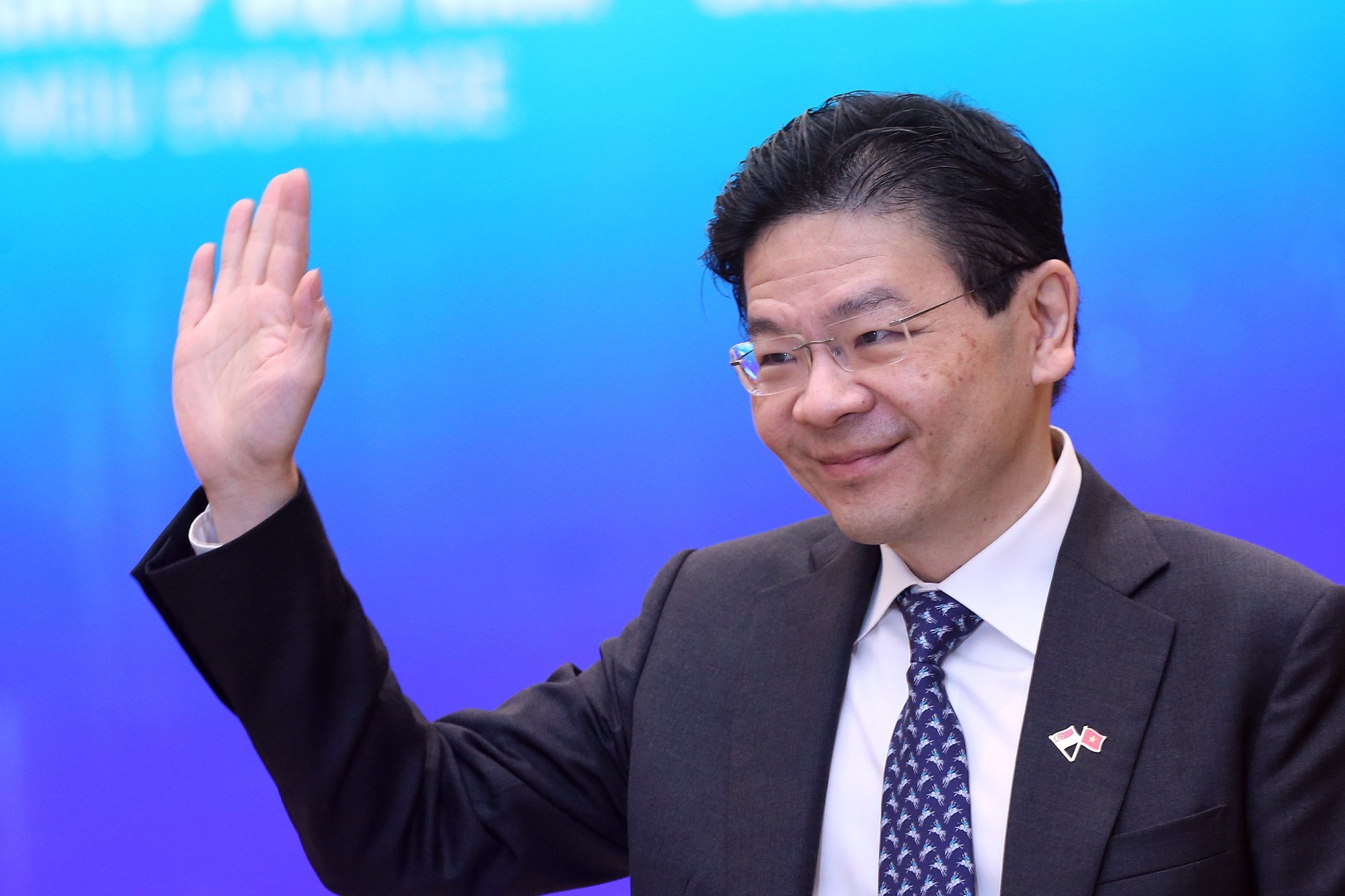Ranging from former army officers to clinical psychologists, the public sector continues to serve as a consistent source of fresh talent for the PAP, and this trend extends to potential recruits for the opposition parties as well.
In many parts of Southeast Asia, political parties tend to depend on personal charm or family influence when selecting their candidates. Conversely, in Singapore, it is typically the stepping down of high-ranking civil servants and military officials that paves the way for individuals to enter politics—particularly as elections approach.
Discussions surrounding prominent officials stepping down during an electoral year typically revolve around when and where they will be deployed by the governing People’s Action Party (PAP).
As the elections are anticipated either this month or the following one, numerous former government employees have been seen lately on-site wearing the distinctive PAP white attire. This group includes a retired military leader and a previous deputy permanent secretary from the commerce department, both of whom stepped down earlier in the year.
Are you looking for insights into the most significant issues and developments globally? Find your answers here.
SCMP Knowledge
, our new platform of curated content with explainers, FAQs, analyses and infographics brought to you by our award-winning team.
The long rule of the PAP has socialised many Singaporeans on what makes for desirable candidates, which includes academic credentials, professional qualifications and technocratic ability, according to Eugene Tan, a law professor from the Singapore Management University.
“This is overlaid by the emphasis on meritocracy, denoted by the best and brightest in the politics arena. As such, parties have to show how their candidates match up,” he said.
Since 1959, the year prior to Singapore’s independence in 1965, the People’s Action Party (PAP) has been at the helm of the nation’s governance. This makes it one of the longest-continuously reigning political parties in contemporary democratic systems.
For many years, the PAP has relied heavily on the public service and military to recruit talented individuals, thereby establishing itself as a party known for its cadre of experts and technocrats.
Prime Minister Lawrence Wong previously served as the head of the Energy Market Authority prior to being nominated by the People’s Action Party for West Coast in 2011. His predecessor, Lee Hsien Loong, who is the son of Singapore’s founding Prime Minister Lee Kuan Yew, had a career as a brigadier-general in the military before entering politics in 1984.
Apart from Wong, many prominent figures among the nation’s fourth-generation leadership cohort, often described this way, have had careers in public service. This includes Health Minister Ong Ye Kung, National Development Minister Desmond Lee, and Deputy Prime Minister Heng Swee Keat. On the other hand, Education Minister Chan Chun Sing transitioned into politics after leaving his role as head of the armed forces in 2011.
Since 2006, at least one senior military official has resigned from their position to enter each electoral race. Each of these individuals subsequently assumed governmental roles within various ministries following their successful elections.
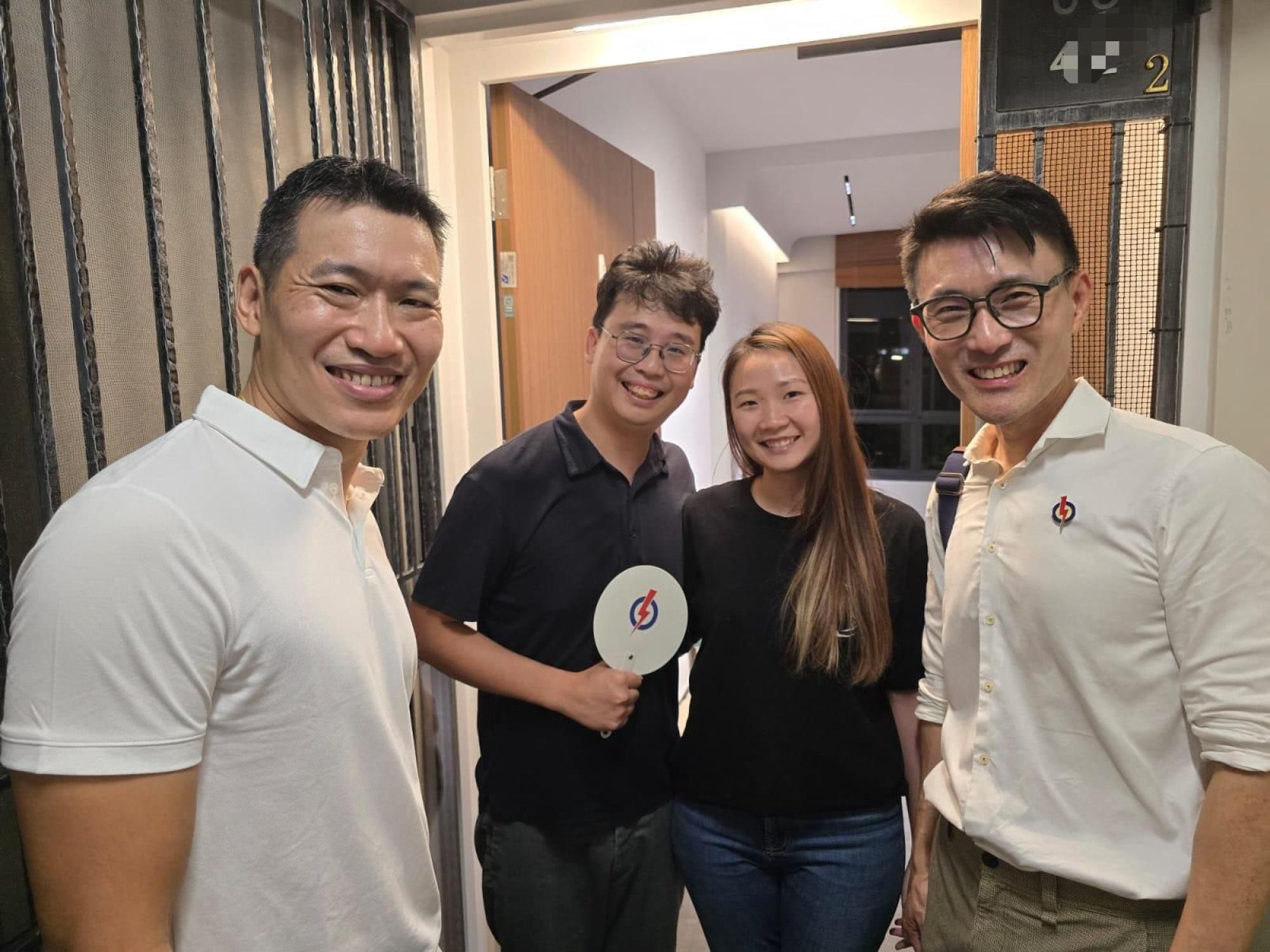
Elvin Ong, who teaches political science as an associate professor at the National University of Singapore, stated to This Week in Asia that the public sector has historically been a key recruitment ground for quality candidates for the PAP.
“Due to the frequent interactions between politicians and bureaucrats, voters have become quite acquainted with these candidates. This allows them to assess the personalities and capabilities of the contenders. As a result, voters often perceive these candidates as exceptionally capable, making them more inclined towards voting for them,” explained Ong.
Independent political analyst Felix Tan observed that numerous former public sector nominees were government scholars who thrived within the framework established by the PAP. They viewed joining politics through the party’s platform as an opportunity to repay their debts.
Regarding the effectiveness of selecting individuals from similar backgrounds for voter appeal, Felix Tan contended that Singaporean voters placed greater importance on qualifications and trustworthiness in their candidates.
In summary, the public has confidence in the PAP as a brand because it typically selects individuals who possess the necessary qualifications to create effective policies and manage the nation efficiently. Generally speaking, most members associated with the PAP tend to be reliable, though there may occasionally be some exceptions.
‘Different as individuals’
Although certain online sentiments and alternative media outlets in the city-state contended that military officers particularly lacked practical experience for serving the community, Terence Lee, a senior fellow at the S. Rajaratnam School of International Studies, stated that there wasn’t enough proof to support this claim.
“Ng Chee Meng’s defeat in 2020 doesn’t mean that everyone who becomes a politician from an officer background will be rejected,” Lee stated, commenting on the ex-lieutenant-general’s loss in Sengkang.
Lee pointed out that potential candidates should possess not only the transferable inherent abilities gained from their military experience but also the interpersonal skills and capabilities related to community involvement.
Teo Kai Key, a research fellow at the Institute of Policy Studies’ Social Lab, stated: “Ultimately, it comes down to each individual candidate and their ability to build connections with voters, their contributions to Parliament, or as politicians. They can vary significantly from one another despite often being considered part of a single group.”
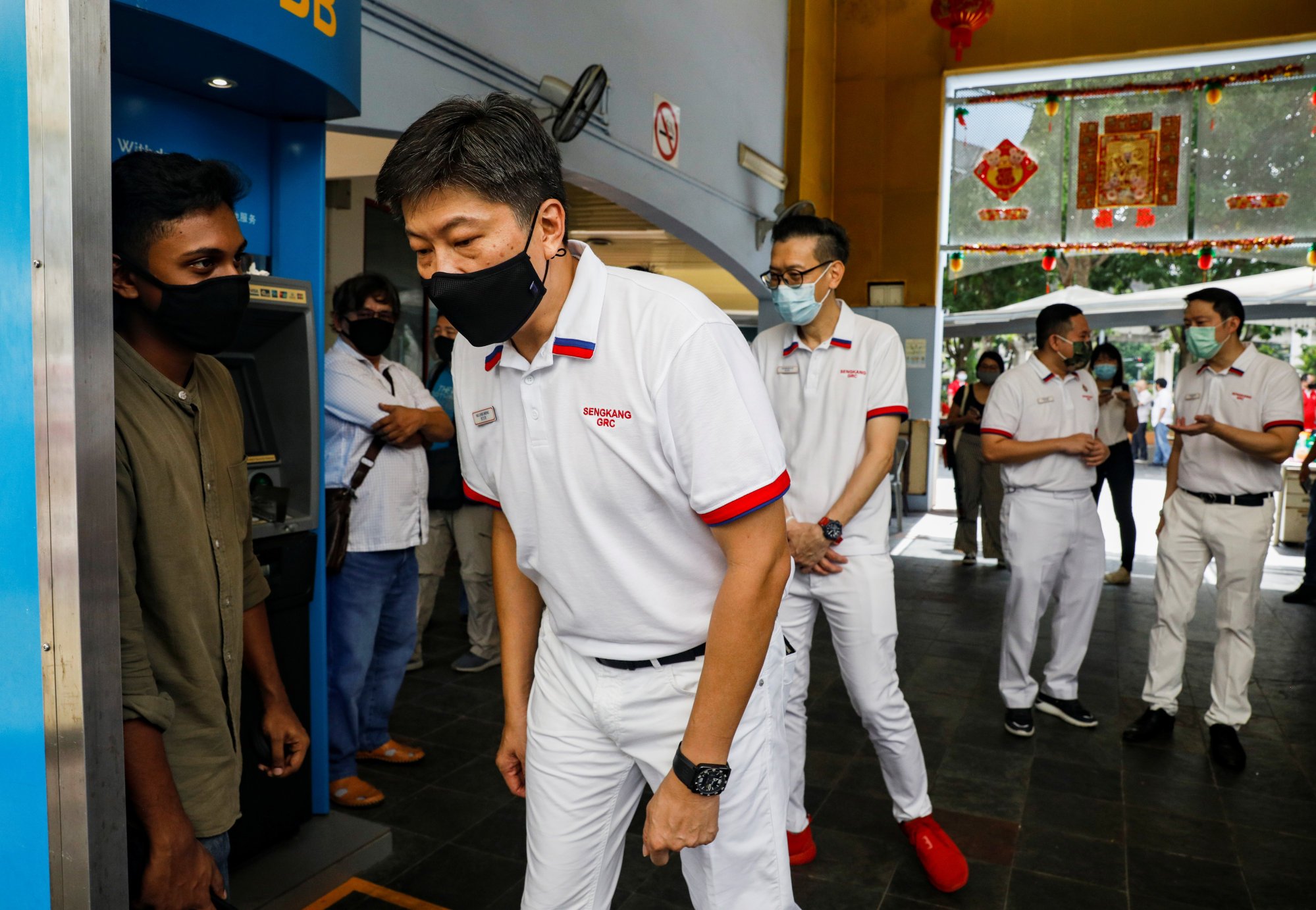
Malminderjit Singh, a political analyst, echoed her thoughts by stating that holding a high position within the public sector does not automatically classify someone as elite.
Since the PAP aims to establish the government as the leading political party, it must draw talented individuals from both the public and private sectors, whether they are potential leaders or not.
Singh asserts that the public sector has long been a “prime recruiting ground for the PAP,” and this trend exists for valid reasons since several of the organization’s most effective and well-liked leaders during recent administrations have emerged from public service backgrounds.
He stated that public servants possess a solid grasp of grassroots challenges, policy mechanisms, formulating and disseminating policies, as well as balancing broader considerations, coupled with their commitment to service-oriented guidance. This qualifies them as ideal candidates for assuming roles in politics.
Ong emphasized that for previous civil servants and retired military members to effectively comprehend and advocate for citizens’ needs in Parliament, it was crucial for them to possess community engagement experience.
“Preferably, a cabinet should include individuals from various demographic groups, possessing different skill sets, experiences, and backgrounds. This diversity allows them to consider multiple viewpoints when crafting policies and develop more comprehensive and inclusive legislation,” he stated.
A voter named Royston Tang, a 44-year-old information technology executive from Singapore, shared similar views. He emphasized that individuals transitioning from top positions in the military must demonstrate their ability to understand and relate to citizens’ issues. Additionally, he suggested these individuals require extensive familiarization with the ministries they aim to join as political leaders.
He contended that several of these ex-officers who became politicians appeared incapable of forming real connections with the individuals in their communities.
Tang proposed that enhancing a candidate’s profile might be achieved through a broader range of experience extending past their service in the military. He stated, “To attract former military personnel to serve as Members of Parliament, these individuals ought to have demonstrated at least 15 years of proactive involvement within local communities rather than just showing up during election times.”
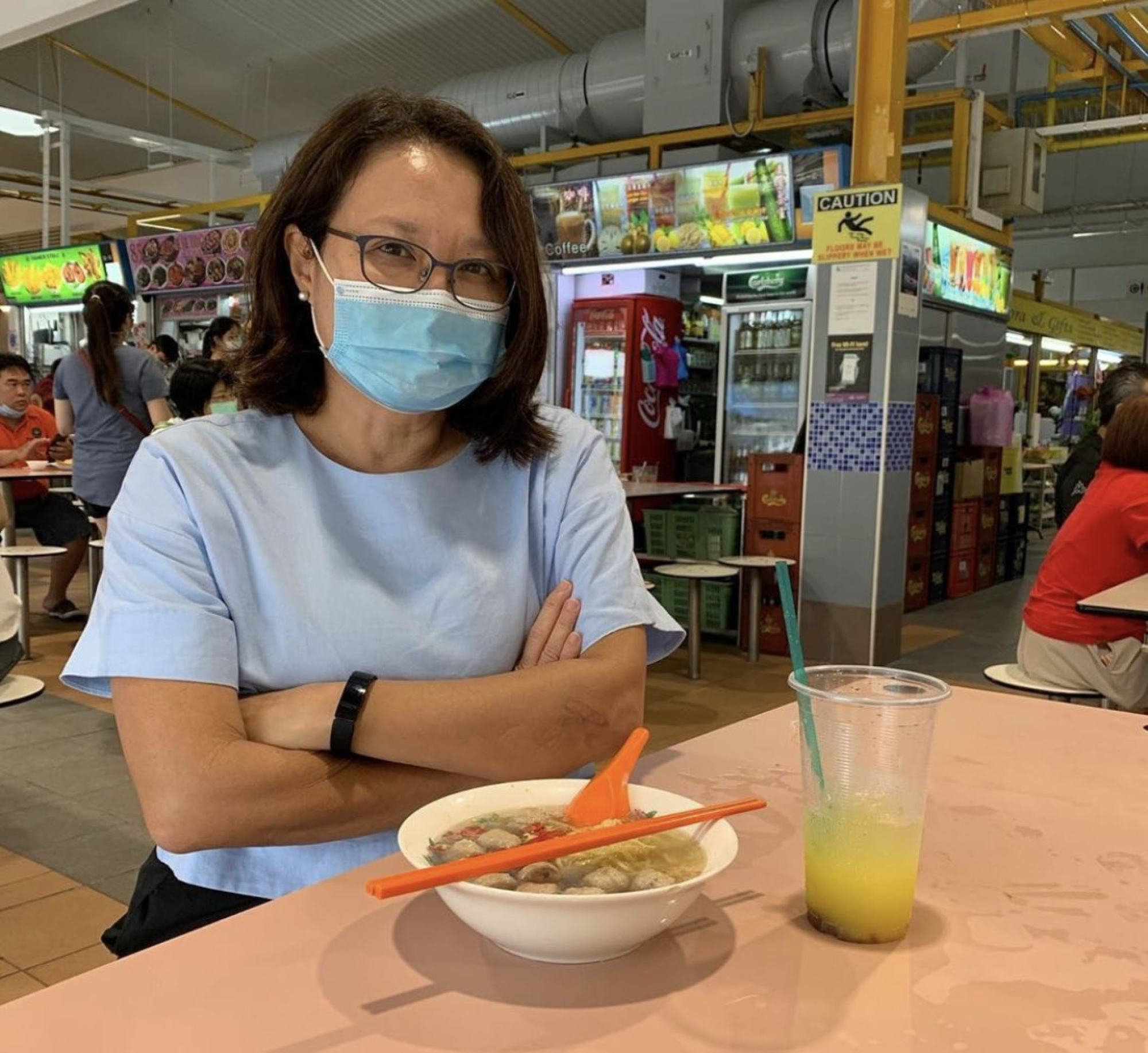
Women and youth
According to experts, the sole deviation from convention in the PAP’s recruitment strategy appears to involve drawing in more youthful participants along with an increased number of female applicants.
In last August’s statement, Wong mentioned intentions to include additional female candidates for the upcoming general election. He emphasized that increased diversity in representation could offer “a broader array of viewpoints” which would aid in developing superior solutions.”
In the previous election of 2020, women secured 27 out of the 93 available seats, which is less than one-third of the total seats. In comparison, the percentage stood at approximately 24% in 2015 and 23% in 2011.
The Dean of NUS anticipates that the PAP will include more women as candidates, with each Group Representation Constituency team having at least one female member.
Taking Sengkang, the second multi-member district won by the opposition in the previous elections, as an illustration, Ong pointed out that one common justification for their defeat was the all-male composition of the PAP slate. According to Ong, such a scenario where the PAP fielded only male candidates is improbable now.
Onlookers also point out that the new figures presented by the PAP have largely been quite youthful, typically ranging from their mid-30s to early 40s.
Teo mentioned that one of the PAP’s selection criteria appears to focus on maintaining continuity as well as refreshing the party.
Eugene Tan contended that the focus of candidate selection in this general election centered around younger individuals. He stated, “This indicates the ruling party’s wish to secure the votes from millennials and Generation Z, precisely those groups who are particularly open to calls for increased political variety and contestation.”
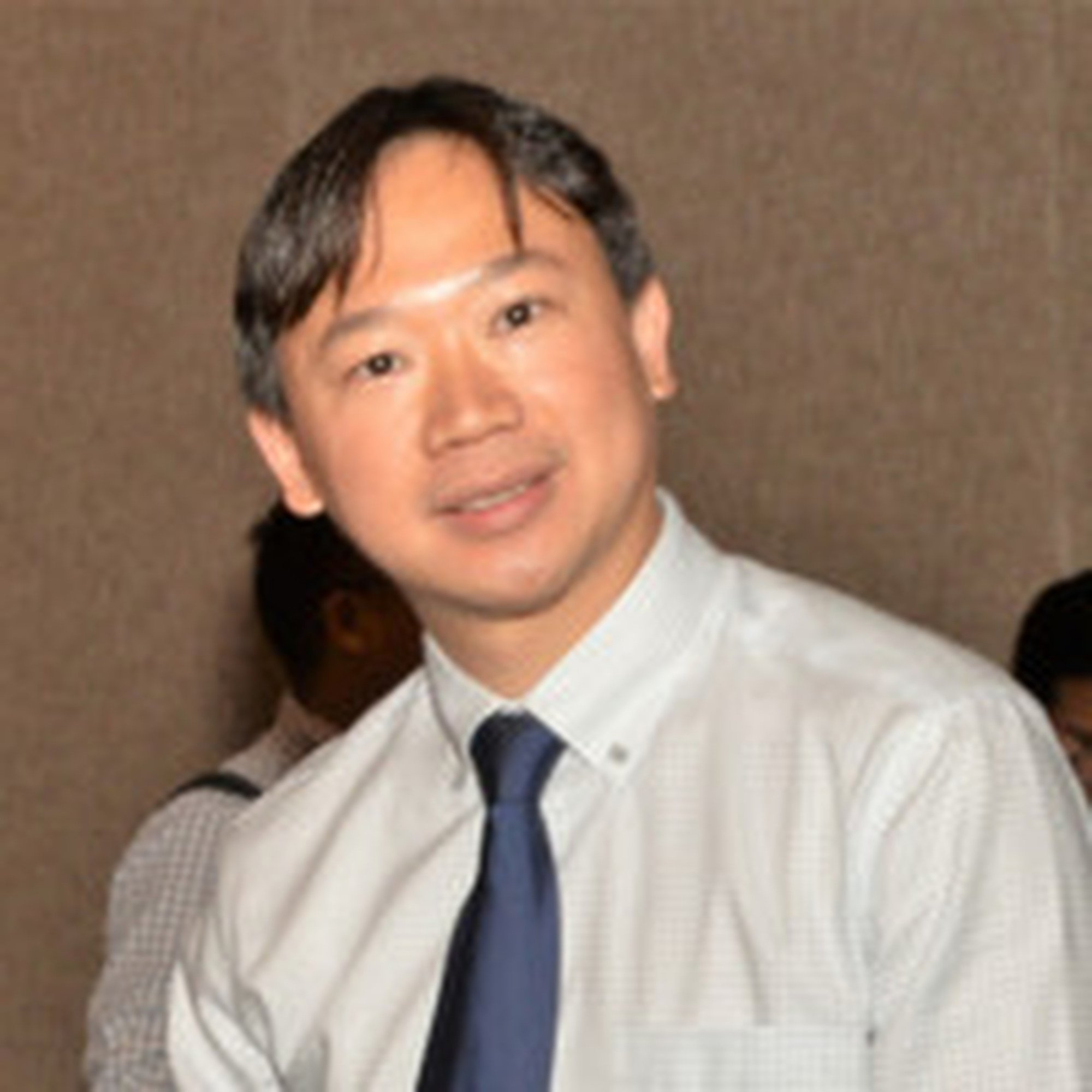
‘No wipeout’
Across the political spectrum in Singapore, as the opposition strengthens its position with a steady presence in parliament, it has started attracting highly qualified individuals who were previously thought to be more aligned with the ruling party’s base. This shift indicates an increasing credibility for the opposition forces.
Approximately half of the new candidates presented by the PAP usually originate from the public sector, except for the year 2015 when around 60 percent came from the private sector. On the other hand, enlisting people directly from the public service has seldom happened for the opposition parties.
Certain exemptions encompass Workers’ Party (WP) chair Sylvia Lim, who was employed at a polytechnic during her bid for WP in 2006; ex-WP member and sociology lecturer at the National University of Singapore Daniel Goh; as well as Professor of Infectious Diseases at the National University Health System Paul Tambyah, who serves as the chairman of the Singapore Democratic Party.
Recently, Ong Lue Ping, who serves as a senior principal clinical psychologist at the Institute of Mental Health, has been seen campaigning in WP blue within the eastern part of Singapore.
Previously, the main emerging contenders for the party were largely drawn from the business world and comprised a seasoned attorney, several consultants, and startup founders. In recent years, the WP has successfully lured alumni from top-tier institutions like Harvard, Oxford, and Cambridge Universities.
Analysts consulted by This Week in Asia suggested that this indicated an increasing normalization of opposing political forces, with the Workers’ Party (WP) playing a leading role. The WP bolstered its credibility by winning positions in Parliament.
“Wong Pei Feng’s move isn’t the first instance, nor will it be the last, where individuals from the public service opt for an opposition political role. This indicates that the perceived stigma associated with being part of the opposition is no longer a significant concern,” remarked Tan from SMU.
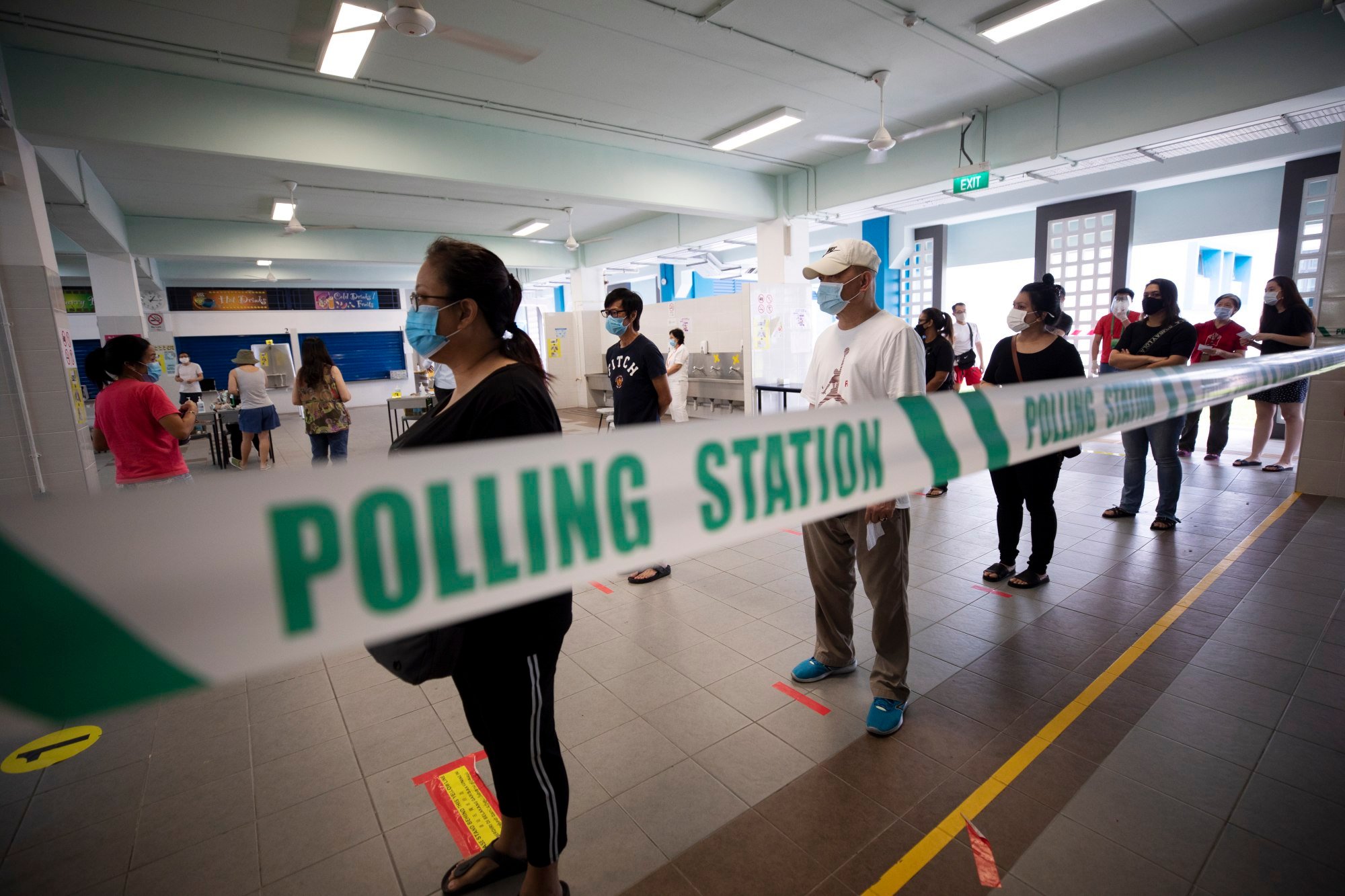
During the 1980s and 1990s, individuals who opposed the government in Singapore faced lawsuits for defamation brought by leaders of the People’s Action Party (PAP), which often resulted in significant financial burdens or bankruptcy.
Nevertheless, Ong joining the WP signifies what “a mature political system ought to produce,” as per Tan’s view.
He stated that as the quality of politicians from the opposing party narrows the gap with those from the PAP, it is unlikely for the opposition to face total elimination in upcoming elections.
Teo further noted that numerous individuals who eventually joined the WP ranks were often volunteers or had been working with the party for some time prior to gaining public or media attention for their involvement.
She noted that this demonstrates the WP’s general capability to attract and keep top-tier talent, along with their success in persuading these individuals to stand as candidates for the opposition.
The inclusion of civil servants joining opposition parties indicates that the political environment in Singapore has evolved to a stage where multiple political parties exist, offering various avenues for individuals who aspire to serve their country through politics.
More Articles from SCMP
Sources say China’s CATL maintains confidence in Hong Kong with intentions to list this quarter.
China delivers two advisories to its citizens regarding travel to the U.S., advising ‘proceed with caution.’
Mario Carbone’s fiancée, Cait Bailey, resembles Margot Robbie. She is a prominent publicist known for representing figures such as Zayn Malik, social media stars Charli D’Amelio and Alix Earle, and podcast host Alex Cooper.
Encounter Joe Rogan’s distant half-sister Rosa Rogan Lunelli, a supporter of Trump, who is now criticizing him. The makeup artist took issue with the podcaster’s characterization of their father as ‘mentally unstable.’
This article originally appeared on the South China Morning Post (www.scmp.com), the leading news media reporting on China and Asia.
Copyright (c) 2025. South China Morning Post Publishers Ltd. All rights reserved.

